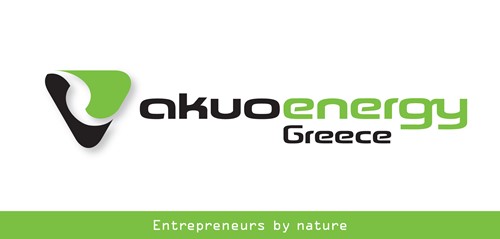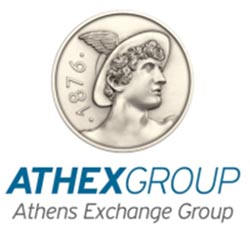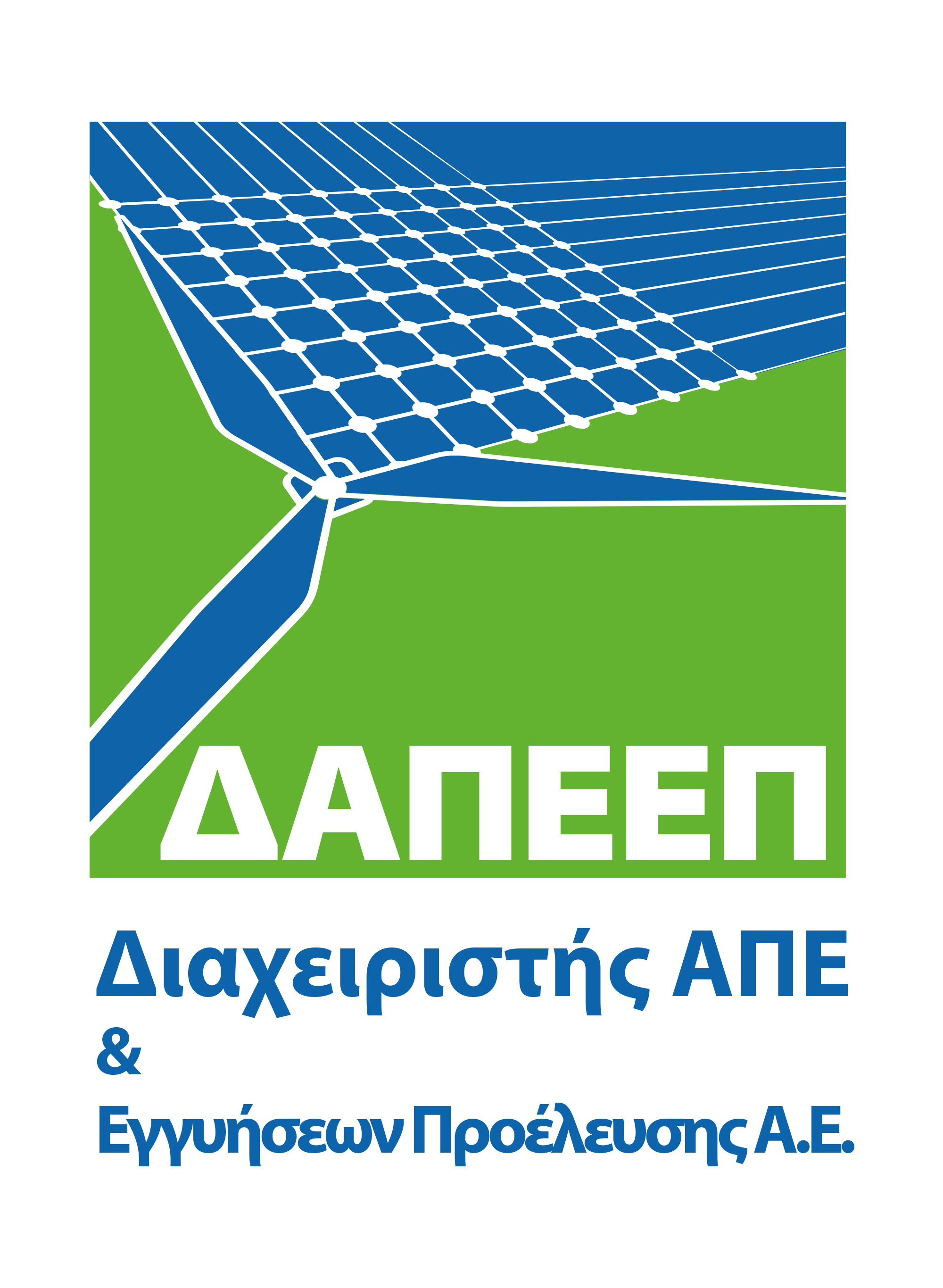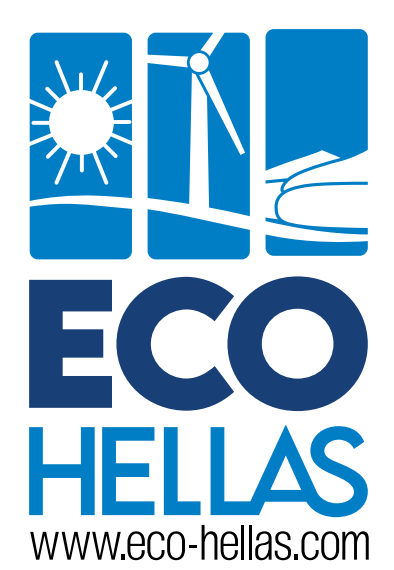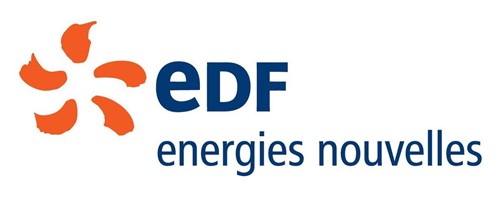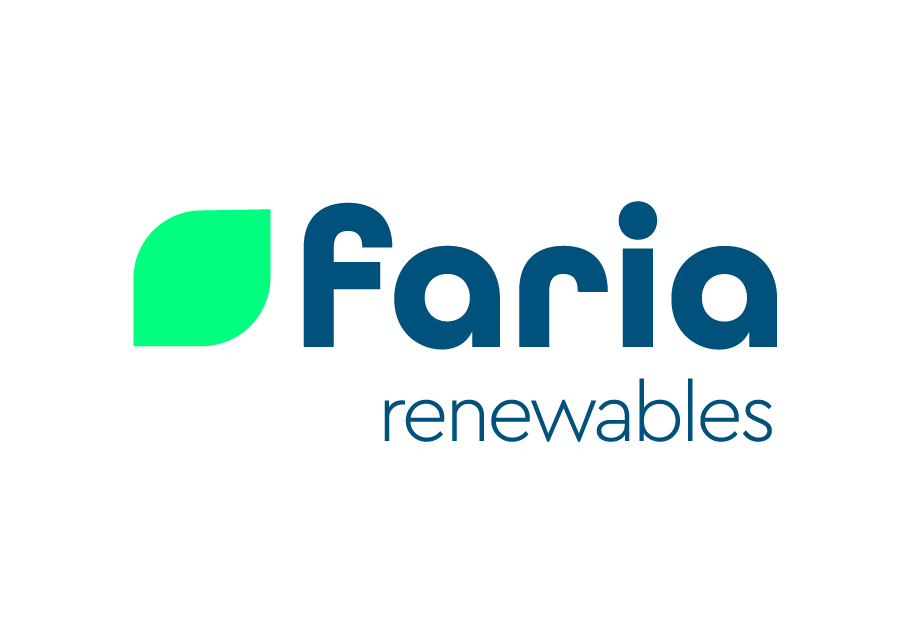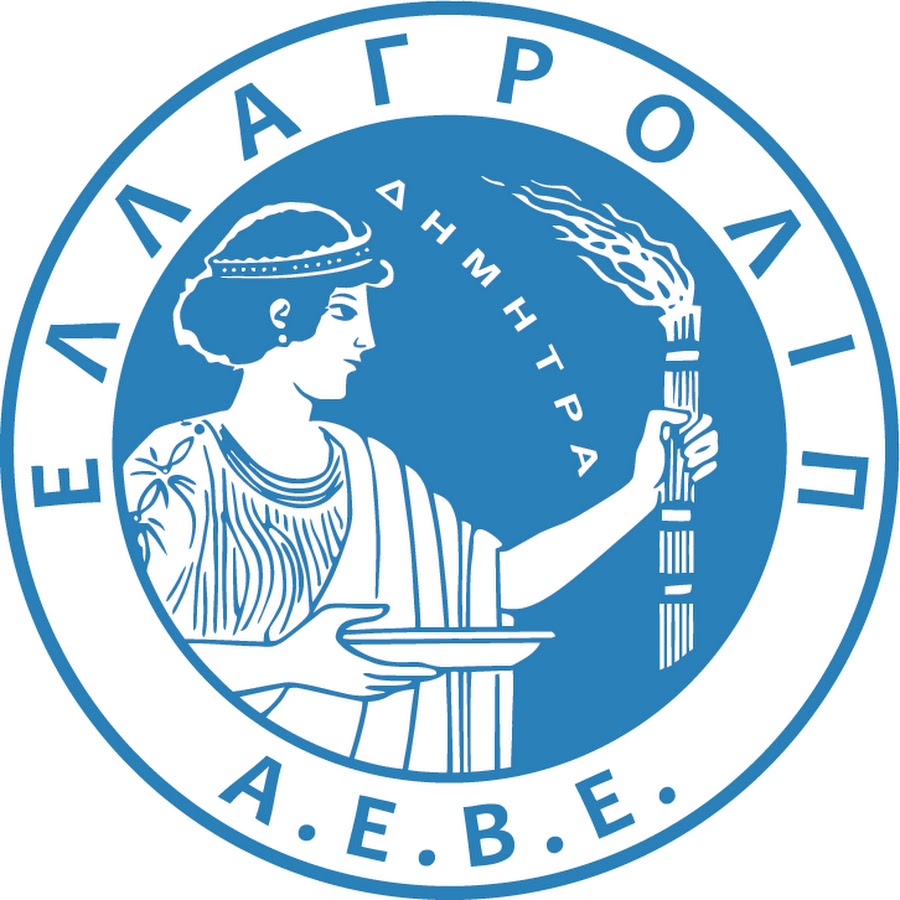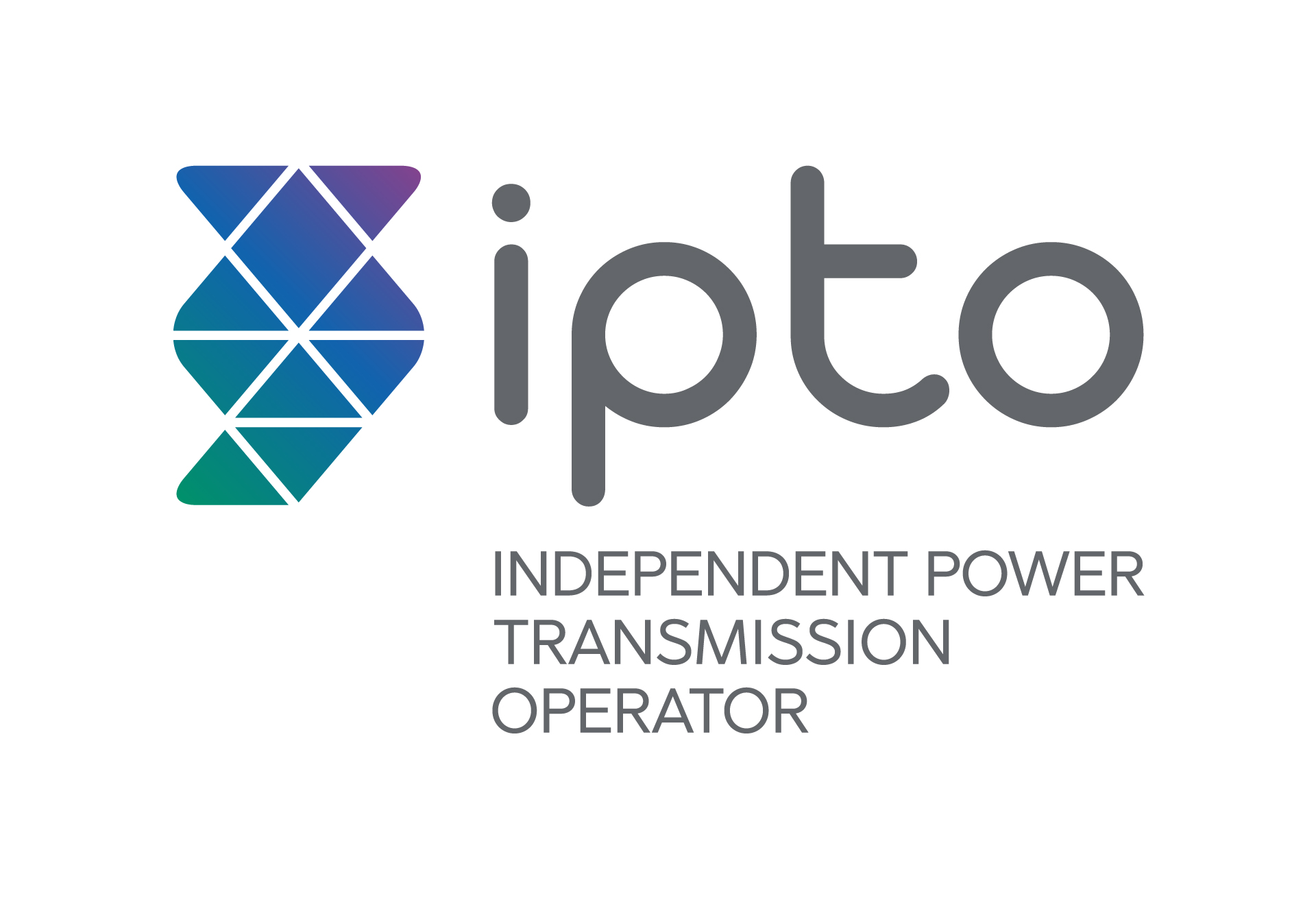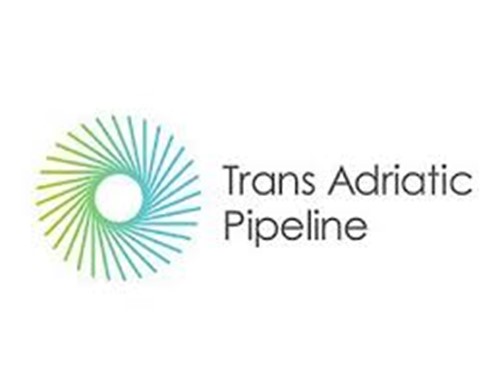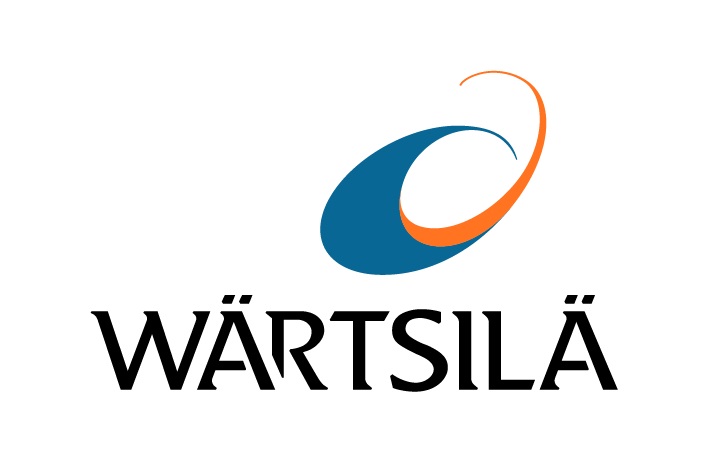PRESS RELEASE
HAEE's 4th Annual Symposium is concluded with contributions from world class speakers and energy experts
Athens, Thursday, May 9, 2019 - This year's 4th Energy Symposium, organized by the Hellenic Association for Energy Economics (HAEE) on May 6-8 in the Divani Caravel Hotel in Athens, was concluded with great success and participation.
Hundreds of participants honored the Symposium with their presence, while the speeches, presentations and fertile dialogue between the speakers and the audience upgraded everyone's knowledge about the crucial energy issues of this time. Moreover, participants had an excellent chance for networking and learning more about HAEE's work.
This Symposium focused on significant themes, such as the growth of renewables, the role of natural gas in Greece and the region, financing and new business models in energy, energy efficiency, as well as developments in the Greek power and gas market. It was generally agreed that there is a need for more financing for new projects, but also for a reliable and stable regulatory framework and for a change of mentality in order for the market to become more competitive.
May 6: First day of the Symposium
During the Symposium's first day (May 6th), the "Energy Bible" was presented, a comprehensive report prepared by HAEE and the National Bank of Greece, which covers the entirety of the Greek energy sector.
On behalf of the organizers, HAEE's Chairman, Dr. Kostas Andriosopoulos, welcomed all participants and IAEE's (International Association for Energy Economics) Chairman and Senior Vice President for Economics & Prospective of Enedis, Christophe Bonnery proceeded with his own greeting.
Afterwards, the Greek Energy and Environment Minister, George Stathakis, spoke about the country's energy strategy, highlighting that energy is a rapidly evolving sector. The minister added that the doubling of renewables in the final energy mix is a viable goal and he said that now investment potential in all energy fields is widening.
On his behalf, New Democracy's energy chief, Kostas Skrekas, criticized the government's energy policy, especially when it comes to PPC, while he presented his own party's views.
KINAL's energy chief, George Arvanitidis, also spoke about PPC, saying that "it will take a national understanding to make things right and longtime inconsistency cost a lot more than we think".
DG Energy's Deputy Director General, Gerassimos Thomas, presented the current situation and efforts on a European level. He mentioned that a unified European legal framework has now been formed with clear national and European targets and he added that it is important to create the necessary conditions that will allow 200 billion Euros of annual investment from the private sector.
Afterwards, the Ambassadors of Italy, Efisio Luigi Marras, Spain, Enrique Viguera Rubio and Belgium, Luc Liebaut, spoke about the international aspect of energy, the importance of new energy grids and interconnections, as well as the sector's investments in general.
Pavlos Mylonas, CEO of National Bank of Greece (NBG), focused on the central position the bank has attained when it comes to financing and investing in Greece's energy transition, but also on the significance of the "Energy Bible" that the bank prepared together with HAEE.
During the session about the role of natural gas for Greece and the entire region, DESFA's CEO, Nicola Battilana, highlighted the operator's 2 billion Euros investment, planned by its management. Fotis Karagiannis, Director of the New Products & Services Promotion and Development of PPC, said that the company plans to increase its share in the natural gas market to 5% within the next five years. Dimitris Tzortzis, CEO of DEPA, emphasized that its plan is to grow the tools and the ways in order to play a leading part in the gas market, after the conclusion of the separation of ownership between DEPA Trading and DEPA Infrastructure. Important contributions were also made by Head of Gas Unit of ENGIE and President of Gas Infrastructure Europe (GIE), Jean-Marc Leroy, Project Director of Gastrade, Kostis Sifnaios and Energy & Infrastructure Consultant and President of the Energy Delta Institute (EDI), Marcel Kramer. The moderator was René Bautz, CEO of Gaznat and Chairman of the World Energy Council – Global Gas Centre (WEC – GGC).
New Democracy's Vice President, Kostis Hatzidakis, was the keynote speaker during lunch and he underlined that the saving of PPC is the primary goal of his party. He added that Greece has the ability to become an energy hub, by being the most developed state and having the most mature energy market of the region.
French Ambassador to Greece, Christophe Chantepy, took the opportunity to talk about bilateral energy relations and the significance of growing them during a transitional period for the sector.
PPC's Chairman and CEO, Manolis Panagiotakis, presented information about the company's financial situation and he underscored that "PPC is a national treasure". Moreover, Mr. Panagiotakis spoke about how the tender for the sale of PPC's lignite plants is progressing, as well as its investment plans.
It should be noted that during the Symposium, PPC and AKUO Energy announced the signing of an important MoU concerning their mutual effort to develop renewables in Greece and in other regions. Eric Scotto, CEO of AKUO Energy, analyzed his company's profile and investment plans.
Aristotelis Chantavas, Head of Renewable Energies for the Rest of Europe of Enel Green Power, consequently spoke about the necessary conditions to further grow renewables in Greece, as well as Enel's own investments.
During the session about LNG and CNG applications in the Greek energy system, the speakers were EDA THESS's Director General, Leonidas Bakouras, LNG Project Development Manager of Naturgy, Francisco Javier Rubio Oderiz, Executive Director of PwC, Costas Mitropoulos, Manager of Scale Gas, Alvaro Delicado Rodriguez Ajuria, Technology & Innovation Manager of Lloyd's Resister South Europe, Panagiotis Mitrou. They focused on the importance of these new fuels for the country and the region as a whole, while they covered available solutions and projects under development at this time. The moderator was Christophe Malet, Senior Vice President for Upstream and Midstream LNG of Hanas New Energy Group.
The topic of the final session for the first day was the geopolitical aspect of energy in SE Europe and developments in upstream and downstream. Very interesting speeches were given by the frm. Minister of Energy of Romania, Victor Grigorescu, Economic Affairs Adviser of the US Embassy, William Chip Laitinen, Chairman & CEO of HHRM, Yannis Bassias, E&C offshore division, Zohr Project, Deputy Project Director of SAIPEM, Luigi Ferroni, CEO and Vice President of Energean Oil and Gas, Dimitris Gontikas and Senior VP of Argus, Vyacheslav Mishchenko. The moderator was Christos Folias, frm. Minister of Development.
May 7: Second day of the Symposium
During this day's proceedings, the main topics that were covered were the role of LNG and pipeline gas, DESFA's success story, the Energy Exchange, sustainability and the new financing and corporate business models, innovation and the role of networks in the energy sector and developments in RES.
In her keynote address, Megan Richards, Director of Energy Policy for DG Energy, spoke about the EU's long-term energy strategy about green growth. Specifically, about Greece, she underlined that there is very active participation when it comes to clean energy in the islands, while she estimated that there will be new employment as a result of the energy transition.
The session about the evolution of the natural gas markets (pipelines & LNG) followed under the moderation of Valérie Ducrot, Executive Director of the World Energy Council – Global Gas Centre (WEC – GGC). Mahdjouba Belaifa, Head of the Gas Market Analysis Department of GECF, spoke about the Forum's role as an important player in the global gas market. Samuele Furfari, Professor of geopolitics of energy at the Université Libre de Bruxelles, said that technology's role is crucial in a quickly changing world and he added that technological developments fundamentally change energy realities. Lucie Roux, Senior Writer for LNG News and Analysis of S&P Global Platts, estimated that the European market is very interested in buying additional LNG quantities from the US and other suppliers. Michael Andreou, Secretary Board of Directors of DEFA, said that Cyprus has entered the natural gas race for good through a series of projects with national and peripheral significance to be concluded in the future, which will transform the gas market in the island and enhance its importance in the region. Federico Regola, Managing Director of Zenith, noted during his speech that despite the positive signs in the gas market, it will take more improvements in order to have proper competition. Ioannis Mitropoulos, General Manager of Natural Gas Greece, commented that in the Greek retail market, competition mostly concerns prices, while in European markets it concerns services, although this trend has now appeared on behalf of the consumers. Christos Skoulidas, Technical Director of EDA Attica, spoke about the role of his company in growing the gas market and he pointed out that the target is to begin with a new expansion of the gas network within in the next five years.
Consequently, Greek Foreign Minister, George Katrougalos, analyzed the significance of turning Greece into an energy hub, as it stands in the crossroads between Asia, Africa and Europe. Furthermore, he spoke about Turkey's latest provocations in the Cypriot EEZ, commenting that Ankara will further expand its isolation through such acts.
Romania's Foreign Minister, Tudor Butazu, focused on the peripheral dimension of energy developments.
The topic of the next session was DESFA's success story under the moderation of Dr. Kostas Andriosopoulos, Chairman of HAEE. First, Riccardo Lambiris, CEO of HRAF, said that the new shareholder of DESFA consists of great players of the natural gas market and this brings value to the company. He also said that in 2019 the tenders for the privatization of DEPA and the gas storage in Kabala will commence. Argyro Banila, Assistant Director for Structured Finance and Syndications of National Bank of Greece, presented the bank's profile and spoke about its participation in DESFA's tender. Paolo Ventrella, Business Development Manager of Snam pointed out that Snam and all the other shareholders did their best to enable this privatization in the proper way and the full alignment of interests among buyers and sellers has been at the basis of the success, while all the members of the Consortium have demonstrated to the Privatization Fund and then to Hellenic Republic that they are a strong and reliable partner for DESFA. Fernando Kalligas Castiella, Country Manager of Enagás, mentioned that his company believes that demand for power through gas in Greece will grow, there will be more competition and growth of renewables, while interconnections will bring even greater demand. Communications & Public Affairs Manager of Fluxys Rudy Van Beurden also spoke about the role of privatizations.
During the session concerning the Greek Energy Exchange, the moderator was Tasos Garis, Vice Chairman of HAEE. BoD Member of the Regulatory Authority for Energy (RAE), Nektaria Karakatsani, spoke extensively about the significance of the target model, as well as developments taking place in ACER about recommendations towards national authorities. Michael Filipou, CEO of the Hellenic Energy Exchange, analyzed the structure and operation of the exchange, offering significant information to the audience. Nick Frydas, Senior Energy Specialist of International Finance Corporation (IFC), spoke about the trade relations inside a competitive market and he emphasized on the APEX project with a focus on Albania. Ashutosh Shastri, BoD Member of the Global Gas Centre-World Energy Council (WEC –GGC) and Konstantinos Athanasiadis, President of the Hellenic Association of Electricity Trading and Supply Companies (ESEPIE) contributed with well documented presentations.
Andreas Shiamishis, Deputy CEO & CFO of Hellenic Petroleum (HELPE), spoke about energy developments in Greece and the group's role within the market. He said that HELPE's target is to have 300-400 MW of renewables in the next few years and he noted that profits of HELPE rose in the last 3-4 years through the transformation of the group's structure and governance, as well as its expanding presence.
Arhouros Zervos, Chairman of REN21 was awarded during the Symposium for his contribution in the energy sector. The award was presented by Spiros Papaefthimiou, Vice Chairman of HAEE and Associate Professor at the Technical University of Crete. Mr. Zervos spoke about the drastic and decisive policies needed to hit the set energy and climate targets. Furthermore, he mentioned that in the sectors outside of power production, there is a huge gap concerning emissions reduction.
During the next session about sustainability and the new financing and corporate business models, the moderator was Emilios Galariotis, Board Member of HAEE and Professor of Finance at the Audencia Business School and the Institute of Finance. Epistimi Oikonomopoulou, Policy Officer at DG ENER, presented the new multiyear framework of the EU, which is under discussion and specifies the path towards achieving the targets towards 2030 and 2050. Harris Damaskos, Senior Banker of European Bank for Reconstruction and Development (EBRD), gave his bank's estimations concerning the financing of renewable projects in Greece. Haris Doukas, Assistant Professor at the National Technical University of Athens made projections about the future of clean energy and energy efficiency in Grreece. Dusan Klinar, Professor at the Faculty of Chemistry and Chemical Technology of the Universities of Maribor and ZRS Bistra Ptuj contributed with a comprehensive presentation .
The following session was about innovation and the role of networks in the energy sector. The moderator was Miguel Palacios, Academic Dean Executive Education, at ESCP and Europe Business School. Maher Chebbo, Executive Officer–Chief Innovation Officer of GE Digital Energy Solutions, presented his company's views when it comes to the energy transition and new applications. Nicholas Chatziargyriou, the Chairman of the Hellenic Electricity Distribution Network Operator (HEDNO), said that the consumer now has a central role in the energy system through the production and storage of energy. On the other hand, the operator now manages data as well as energy. Harry Vovos, Head of Corporate and Investment Banking, National Bank of Greece (NBG) said that the require investment for the upgrading of EU's power grid is 140 billion Euros plus another 70 billion for natural gas, therefore banking institutions must play a more active part in order to lead to the transition of these networks. Thomas Nikolakakis, Associate Analyst - Energy Systems Modeling IITC of IRENA noted that his organization has focused greatly on the role of energy flexibility, as well as decentralized production.
Consequently, a speech was made by Michalis Verroiopoulos, Secretary General for Energy & Mineral Resources of the Ministry of Environment & Energy. Mr. Verroiopoulos presented the government's energy policy as well as the future steps that must be taken.
The topic of the final session of the day was the developments in RES, under the moderation of Alexandra Sdoukou, Adviser to the President of New Democracy. Dionysios Papachristou, Director of the Press & Public Relations Office in the Regulatory Authority for Energy (RAE), presented the authority's planning about the regulatory framework of renewables. Panagiotis Papastamatiou, CEO of the Hellenic Wind Energy Association (ELETAEN), spoke about the challenges that the wind sector faces and what must be done to overcome them. Konstantinos Venetsanos, Project Finance Manager, National Bank of Greece (NBG), focused on the issue of financing renewables projects. Konstantinos Tomaras, Deputy CEO of Spyropoulos SA, analyzed the growth of photovoltaics in the Greek market. Vassilis Spiliotopoulos, Managing Director Greece & Cyprus of Siemens-Gamesa described the ways that Greece could attract more investment in wind energy. Athanasios Stubos, Research Director, Head of the Environmental Research Laboratory and Institute, Director at the National Research Center Demokritos, described hydrogen's future role as an energy carrier.
May 8: Third day of the Symposium
During the third and last day of the Symposium, the main topics of interest were climate change, the circular economy and the energy transition, the geopolitics of energy and energy security.
During his keynote address, Geoffrey Wood, Dean of Essex Business School, spoke about sovereign wealth funds. He also said that no one knows how a megacity will evolve as a result of the planet's warming and that there is great uncertainty about the future as a result of climate change.
Mamadou-Abou Sarr, Senior Vice President, Global Head of Environmental Social and Governance (ESG) of Northern Trust Asset Management, focused on the importance of sustainable investment for decarbonizing the economy. He added that the energy transition produces changes in the oil and gas industry, while water will become one of the most crucial issued in the years to come.
The first session of the day was about the energy transition in Europe and the moderator was Patrick Gougeon, Emeritus Professor, ESCP Europe Business School, France. Andreas Poullikkas, Chairman of the Energy Regulatory Authority of Cyprus, made a presentation about the energy transition in Europe and he also focused on hydrocarbon discoveries in the Eastern Mediterranean and other sources that could be developed in the region, such as solar. RAE's Vice Chairman, Sotirios Manolkidis, spoke about energy demand, especially in SE Europe. Arthur Richier, Senior Pricing Specialist for Tanker Markets at S&P Global Platts, characterized LNG as a good solution for the shipping sector and he analyzed the legal framework. Dimitrios Parpairis, Managing Director for Balkans & West Caspian of GE - Power Services, said that renewables are being added to the energy mix, but not enough storage, a fact that affects sales. He added that consumers are called to be more flexible now because the market moves towards an unforeseen path. Gianfranco Scalabrini, Partner at 3H Partners and Professor of Energy Markets in Luiss Guido Carli, spoke about interconnectivity and said that it is the basis for new high value services. He added that a company may be good at managing devices, while not being good at monitoring energy, resulting in fragmentation. Mikael Mikaelsson, Europe Head of Energy Research & Innovation of UK Foreign & Commonwealth Office and UK Department of Business, Energy & Industrial Strategy, spoke about the energy transition in the UK and highlighted that the energy mix has improved in terms of decarbonization and renewables.
The next session was about the circular economy, the role of the industry and environmental targets, under the moderation of Michael Jefferson, former senior editor of ‘Energy Policy’; Affiliate Professor at ESCP Europe Business School; Senior Fellow, Department of Economics and International Studies, University of Buckingham, frm Chief Economist of Shell. George Kremlis, Honorary Director of the EC, Circular Economy and Insularity for DGENV, spoke about the EU's green growth policy and emphasized on the reduction of plastics and the blue economy. Furthermore, he characterized the new renewables legal framework as very significant. Konstantinos Aravossis, Assoc. Professor at the National Technical University of Athens spoke about the energy utilization potentials within the circular economy for industry and municipalities. Beatriz Ruiz Castello, of the Innovation and New Energies arm of Enagás, spoke about the company's plan to develop renewable gas and she mentioned relative projects.
The topic of the third session was the geopolitics of energy and energy security for Europe, under the moderation of Gulmira Rzayeva, Founder and Managing Director of Eurasia Analytics, Director of Trade Forest Ltd., Research Associate in Oxford Institute for Energy Studies - Gas Programme and Advisor for the World Energy Council - Global Gas Center (WEC-GGC). Michael Ratner, Energy Specialist Coordinator of the US Congressional Research Service, estimated that LNG exports from the US to Europe will reach 80 bcm in the next few years. Nicolo Sartori, Head of the Programme for Energy, Climate & Resources at the Istituto Affari Internazionali (IAI), focused on the Italian gas market and said that the country aims to improve the differentiation of its supply through the addition of new routes. Mamdouh Salameh, International Oil Economist and Visiting Professor of Energy Economics at ESCP Europe Business School, spoke about the hegemony of the petrodollar and whether it could be challenged by the Chinese currency. Leonidas Drollas, Energy Economist. specializing in Oil & Gas, frm. Chief Economist and Deputy Executive Director of the Centre for Global Energy Studies (CGES), spoke about Europe's energy security and how adequate supplies can be ensured.
The fourth and last session of the third day focused on the growth of the Greek renewables sector and was moderated by Spiros Papaefthimiou, Vice Chairman of the Hellenic Association for Energy Economics (HAEE) and Associate Professor at the Technical University of Crete. Loukas Lazarakis, CEO of Nostira, said that his company is developing over one GW of renewables projects, while he underlined that the licensing framework must be improved. Spyros Kiartzis, Manager for New Technologies and Alternative Energy Sources of HELPE, said that all major oil and gas companies are undergoing an energy transition that presents many challenges. Eric Liu, Project Direct Manager of Suntech - Power Greece, described his company's activities and highlighted that Suntech transformed from a traditional constructor to a global supplier of PV and other services. Panagiotis Gatos, Senior Sales Manager for Greece & Cyprus of GE Renewable Energy, said that a few weeks ago the company's first wind farm was connected in Greece and the target is the connection of 150 MW by the end of this year.
The Symposium reached an end with a speech by HAEE's Chairman, Dr. Kostas Andriosopoulos, who announced that the next Energy Symposium will take place on 18-20 May, 2020.
Please click here to see the photo gallery of the Symposium.



